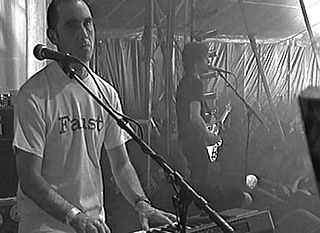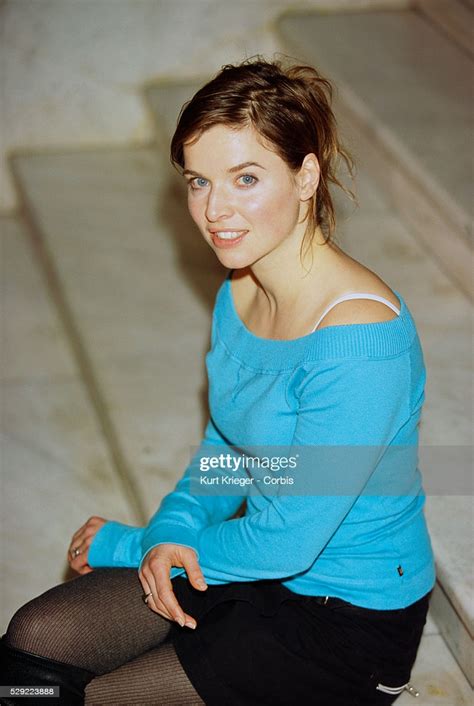A Quote by Charles Caleb Colton
Two things, well considered, would prevent many quarrels: first, to have it well ascertained whether we are not disputing about terms, rather than things; and, secondly, to examine whether that on which we differ is worth contending about.
Related Quotes
I saw one of the absolute truths of this world: each person is worrying about himself; no one is worrying about you. He or she is worrying about whether you like him, not whether he likes you. He is worrying about whether he looks prepossessing, not whether you are dressed correctly. He is worrying about whether he appears poised, not whether you are. He is worrying about whether you think well of him, not whether he thinks well of you. The way to be yourself ... is to forget yourself.
There's always the danger that there are so damn many things that a playwright can examine in this society of ours - things that have less to do with his artistic work than have to do with the critical and aesthetic environment - that perhaps he does have to worry about whether or not he is writing too fast. But then also, perhaps he should worry about getting as many plays on as possible before the inevitable ax falls.
Sometimes the issue is about whether families and communities think girls are even worthy of an education in the first place. It's about whether girls are valued only for their labor and reproductive capacities or for their minds as well. And it's about whether women are viewed as second-class citizens or as full human beings entitled to the same rights and opportunities as men.
That education should be regulated by law and should be an affair of state is not to be denied, but what should be the character of this public education, and how young persons should be educated, are questions which remain to be considered. As things are, there is disagreement about the subjects. For mankind are by no means agreed about the things to be taught, whether we look to virtue or the best life. Neither is it clear whether education is more concerned with intellectual or with moral virtue.
Talking about freedom, about ethical issues, about responsibilities as well as convenience, is asking people to think about things they might prefer to ignore, such as whether their conduct is ethical. This can trigger discomfort, and some people may simply close their minds to it. It does not follow that we ought to stop talking about these things.
I realized I was growing up or something like that. You have responsibilities...you've got to think about getting your act together. I didn't even know what it had been doing to me. I didn't realize how dangerous it was. People talked in terms of drugs and I used to think in terms of...well in Ireland, everybody drinks. Nobody gives it a second thought. You're Irish number one and you're a drinker number two. That's the first two things about us Irish.
More and more, and especially over the last two decades, we've found out how many conspiracies there actually are. We really don't know the exact truth about a lot of things. We know there are big things going on involving huge companies and industries, whether it's money involved or oil or things in their own country, but there are personal interests at play and it's a very well woven network that's hard to break down. Sometimes it is hard, for us, to know who is telling the truth.
It is better to have a few forms well known than to teach a little about many hundred species. Better a dozen specimens thoroughly studied as the result of the first year's work, than to have two thousand dollars' worth of shells and corals bought from a curiosity-shop. The dozen animals would be your own.
One thing I've learned as an actor as well as a producer is to trust my own instinct. When I first started acting I would sometimes have ideas about certain things, whether it's a scene, or a character or certain dialogue, that wouldn't be followed. I was never in a position to have the power to press the matter. Sometimes it wasn't even about my character. But I'd watch the movie afterwards and think I was right.






































